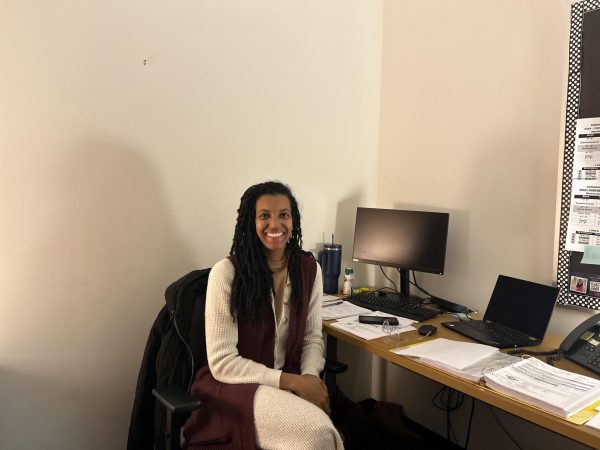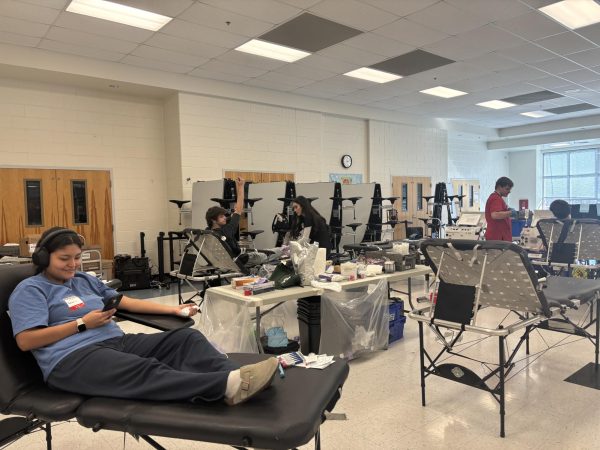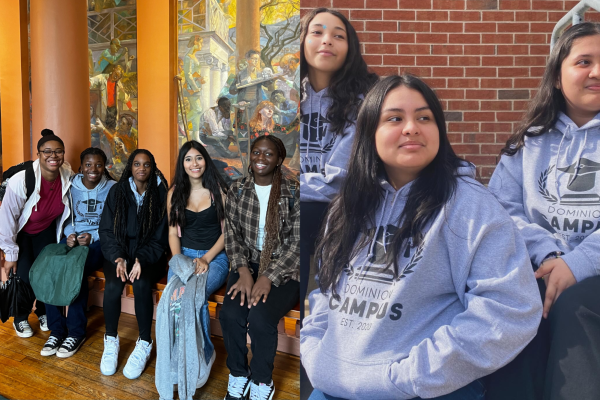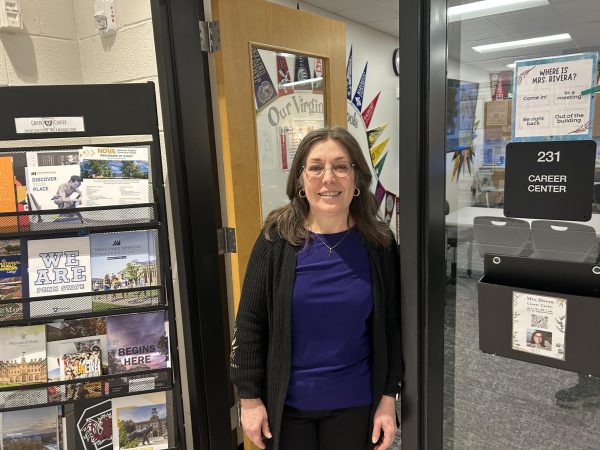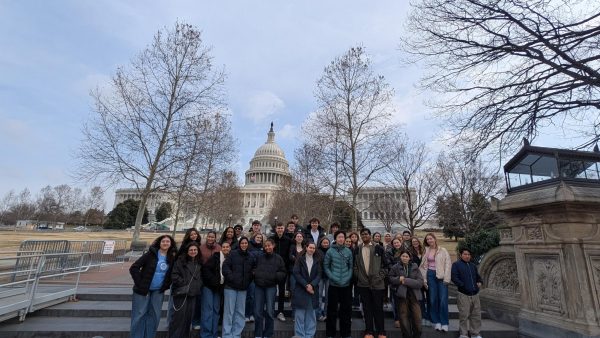Dominion DACA Students Affected by Trump Administration
Created almost five years ago under the Obama administration, the Deferred Action for Childhood Arrivals (DACA) program has allowed around 750,000 people who were brought to the United States as children to remain in the country and obtain a work permit, social security number, and driver’s license.
To qualify for the program, a person must have entered the U.S. prior to turning sixteen and before June 2007. Those eligible for DACA also have to be enrolled in or have graduated from high school, or have been honorably discharged from the military. They cannot be a convicted felon, face significant misdemeanor charges, or pose a threat to national security in any other way.
During his campaign, President Donald Trump fervently vowed that one of his first actions in office would be to deport all illegal immigrants granted amnesty by the Obama administration. Within these first few weeks, however, he seems to have softened his stance on those in the DACA program, saying in an interview with ABC that, “They shouldn’t be very worried, I do have a big heart. We’re going to take care of everybody. You have great people that are here that have done a good job, they should be far less worried”.
Many students who are in the DACA program also qualify for the English Language Learners (ELL) program. ELL Department Chair Patricia Sinclair explained that “Some of those students have very clear documented lives here in the United States and quite a few don’t”.
LCPS does not collect information about a student’s legal status since everyone who lives within an attendance zone has the right to go to school, but Ms. Sinclair knows of several students at Dominion who are currently protected by the DACA program “because sometimes they volunteer things to us once they feel more comfortable.” Some students have also been placed here as refugees, fleeing life-threatening situations in countries like Guatemala, El Salvador, and Honduras.
Any student who qualifies for and needs ELL services is eligible for the program, regardless of their immigration status, so “we have students who are very American and we have students who have arrived today” said Ms. Sinclair. Due to the diversity of our school, Ms. Sinclair says, “there are students who are worried about their futures and they follow the news very closely and some of them were very worried when the election results were made public”.
The current political climate surrounding immigration has not provided much comfort to these students. Although not occurring in Loudoun County, the Department of Homeland Security and Immigration and Customs Enforcement (ICE) have been conducting raids throughout the country, including in nearby Washington D.C. and Alexandria, to find and deport undocumented immigrants.
Arlington is the closest sanctuary city to Sterling, meaning federal immigration laws are not strictly enforced by local law enforcement there, but one of President Trump’s first actions in office was signing an executive order that blocked federal funding to sanctuary jurisdictions nationwide. These events prove troubling to Dominion students “because some of them have spent most of their lives here and this is home, or this is where their family is, and they worry about their future and about being separated from their friends,” Sinclair said.
A senior at Dominion who is protected under the DACA program, and who prefers to be anonymous, described how DACA “has helped me because I am saving for my education and I am also able to help my family financially”. This student has lived in the United States for the past 12 years since the age of six, and believes “DACA should continue because most of the DACA recipients consider themselves Hispanic-Americans due to being accustomed to American culture”. The student also mentioned that most people in the DACA program were brought to the United States “when we were children”, meaning they had little to no choice in the matter and should not be penalized for actions that they had no real control over.
In his most recent press conference, reported on by CNN, President Trump said that “DACA is a very, very difficult subject for me, I will tell you. To me, it’s one of the most difficult subjects I have because you have these incredible kids, in many cases, not in all cases. And some of the cases, having DACA and they’re gang members and they’re drug dealers, too. But you have some absolutely, incredible kids, I would say mostly”. Still, White House Press Secretary Sean Spicer later explained that the definite continuation of the DACA program has not yet been settled, and “everyone who is here illegally is subject to removal at any time”.
If the DACA program was ended, Ms. Sinclair explains that those students at Dominion would effectively be reduced to leading a “a shadow life because they’re so enmeshed in American society now, it would be a hardship for them to go back to the place where they may have been born or where their relatives are from”. As a result of the changing political climate, many students have been acting differently and changing their perspectives of their future, wondering if their career dreams and educational goals will actually be feasible since those that are “looking at a career or going on to college, … that’s not going to be an easy path for them if they don’t have the documents they need to get where they want to be,” Ms. Sinclair says.
On March 1st, the Washington Post reported that Daniela Vargas, a student in the DACA program whose protection renewal was pending approval, was detained in Jackson, Mississippi after delivering a speech on immigration at Jackson City Hall. This action by ICE has proved startling to many DACA recipients since it reveals that they are subject to deportation even while they are filing to renew their DACA status. If the Trump administration was to bring to an end the DACA program, the Dominion senior who is protected by DACA says, “I would live in fear of being deported. I would probably have to move to a more immigrant-friendly state, and I would lose my job and my privilege to drive”.
Other Dominion students and the greater Sterling community can support the students protected by the DACA program by continuing “to look at them as individuals – these are the same people that they have been going to school with, living next to, for years, and all of humanity has much more in common with the things that are important to us than the differences – we might have some differences in custom, but not in what we consider important,” Ms. Sinclair says. Additionally, people can get involved with the many interest groups and non-profit organizations, in our area and nationwide, that are fighting to keep the program alive and to protect the rights of all students.




